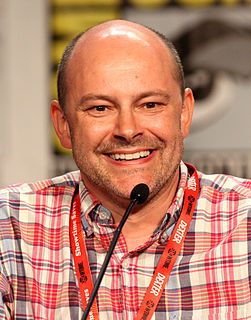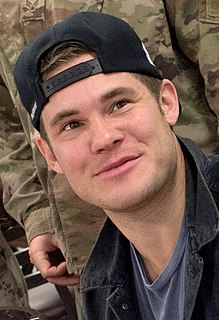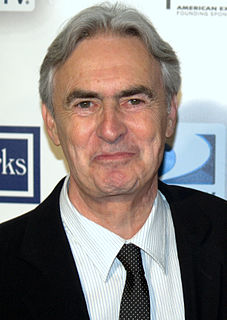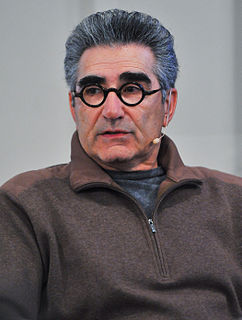A Quote by Sherman Alexie
A really good stand-up comic is a poet; it's about the use of language. It can be really poetic. And I like politically conscious comedy.
Related Quotes
A lot of stand-up specials for cable are meant to glorify the comedian. They put you in a really beautiful theater, and sometimes they even blow a little smoke in there to make it misty and sweet. They make the guy look like he's a big rock star. But comedy's not really glamorous. It doesn't enhance comedy for it to look good.
Stand-up is a real art form in itself and one that I really think to be good at you have to devote your entire life to. It's the really, really good ones that end up getting to do the things that I like to do: movies, TV shows, and stuff like that. It's a really hard gig and it just never called to me.
I always wanted to be a comedic actor - that's what I wanted from the job - to do comedy and to create my own comedy. But I still love doing stand-up and will probably be doing it forever. I'd love to be an old guy who can't really walk, can't really stand-up, and I have to sit on the stool and tell jokes.
Language is the primary way we communicate with each other, and we have really strong feelings about what words mean, and about good language and bad. Those things are really based on sort of an agglutination of half-remembered rules from high school or college, and our own personal views on language and the things we grew up saying, the things we grew up being told not to say.
We went to Comic-Con and there were people dressed up as the characters. There's a whole canon of Ninjago history that I didn't even know about until the process of making the movie had started. Especially at Comic-Con, I realized that people really, really care about this, and I hope they like it because it's meaningful to them. It did actually change my feelings about it.
The beautiful thing about podcasting is it's just talking. It can be funny, or it can be terrifying. It can be sweet. It can be obnoxious. It almost has no definitive form. In that sense it's one of the best ways to explore an idea, and certainly much less limiting than trying to express the same idea in stand up comedy. For some ideas stand up is best, but it's really, really nice to have podcasts as well.
One thing I've found that's really helpful in our relationship is that she's [Anna Faris] very normal. And I don't mean ordinary - I mean, she doesn't act like a big star or a comic icon or anything like that. She's really down-to-earth and sweet, and we do talk about comedy, about movies, about our careers and possible projects.







































